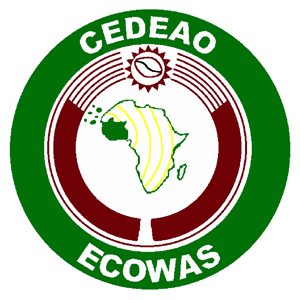 The Economic Community of West African States (ECOWAS) is set to increase excise duties on tobacco and other unhealthy products, in order to help increase revenue and reduce consumption of such products among people in the sub-region.
The Economic Community of West African States (ECOWAS) is set to increase excise duties on tobacco and other unhealthy products, in order to help increase revenue and reduce consumption of such products among people in the sub-region.
The decision was part of the aims of the meeting of ECOWAS Financial Council of Ministers in Abuja on Friday.
An excise duty is a type of tax charged on goods produced within the country, as opposed to customs duties, charged on goods from outside the country.
The Vice President of ECOWAS Commission, Edward Singhatey, said member states had begun work on draft directive to harmonise excise duties on tobacco products.
Mr. Singhatey added that the draft would include legislative and regulatory provisions of member states in tracking and tracing mechanisms related to tobacco products.
He said “this is to facilitate smooth running of the domestic market of tobacco products and ensure compliance with obligations of member states under the World Health Organisation Framework Convention on Tobacco Control and the Protocol to Eliminate Illicit Trade in tobacco products.”
The commission’s vice president pointed out that member states had a duty to establish efficient tax collection measures and explore sources of tax revenue.
He, therefore, said that the meeting would consider the draft document to establish an ECOWAS Customs Code aimed at harmonising customs legislations in the sub-region, in line with international requirements.
He noted that “it is important that customs procedures are modernised and simplified so that they do not become obstacles to legitimate trade and oppressive to the very society in which they operate.
“Experts in customs procedures agree that it is possible to maximise revenue collection and at the same time facilitate legitimate trade and protect the society.”
He also said that member states had developed a draft institutional framework for monitoring and steering of the ECOWAS Fiscal Transition Programme.
The programme was designed to facilitate mobilisation of domestic resources for development, monitor the fiscal coordination of domestic taxes and eliminate double taxation, he added.
Singhatey said it was pertinent for member states to work on harmonisation of Value Added Tax (VAT) exemptions “to ensure equal treatment of all economic operators in the community.”
Source: ( NAN )




